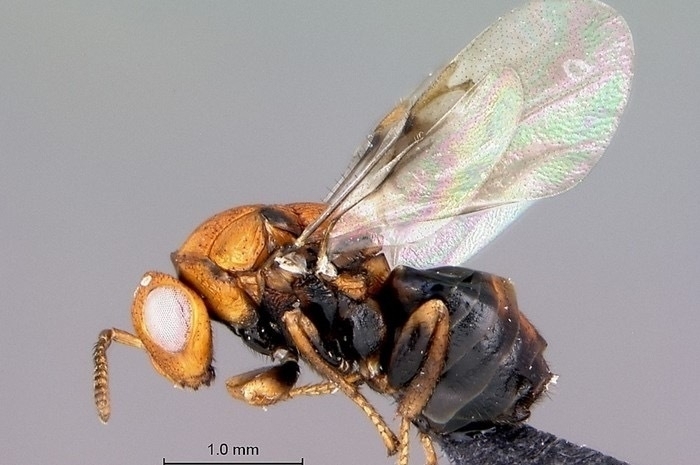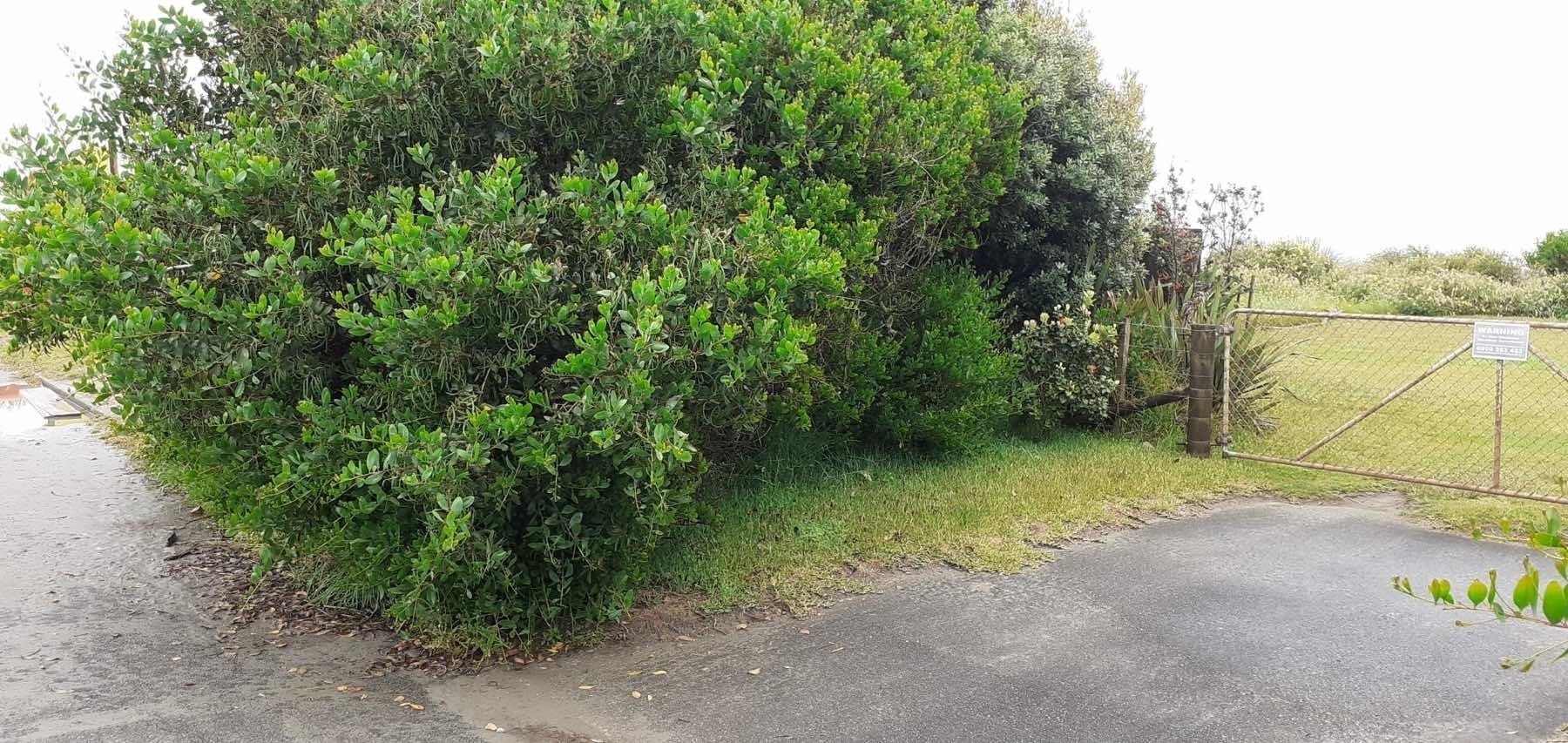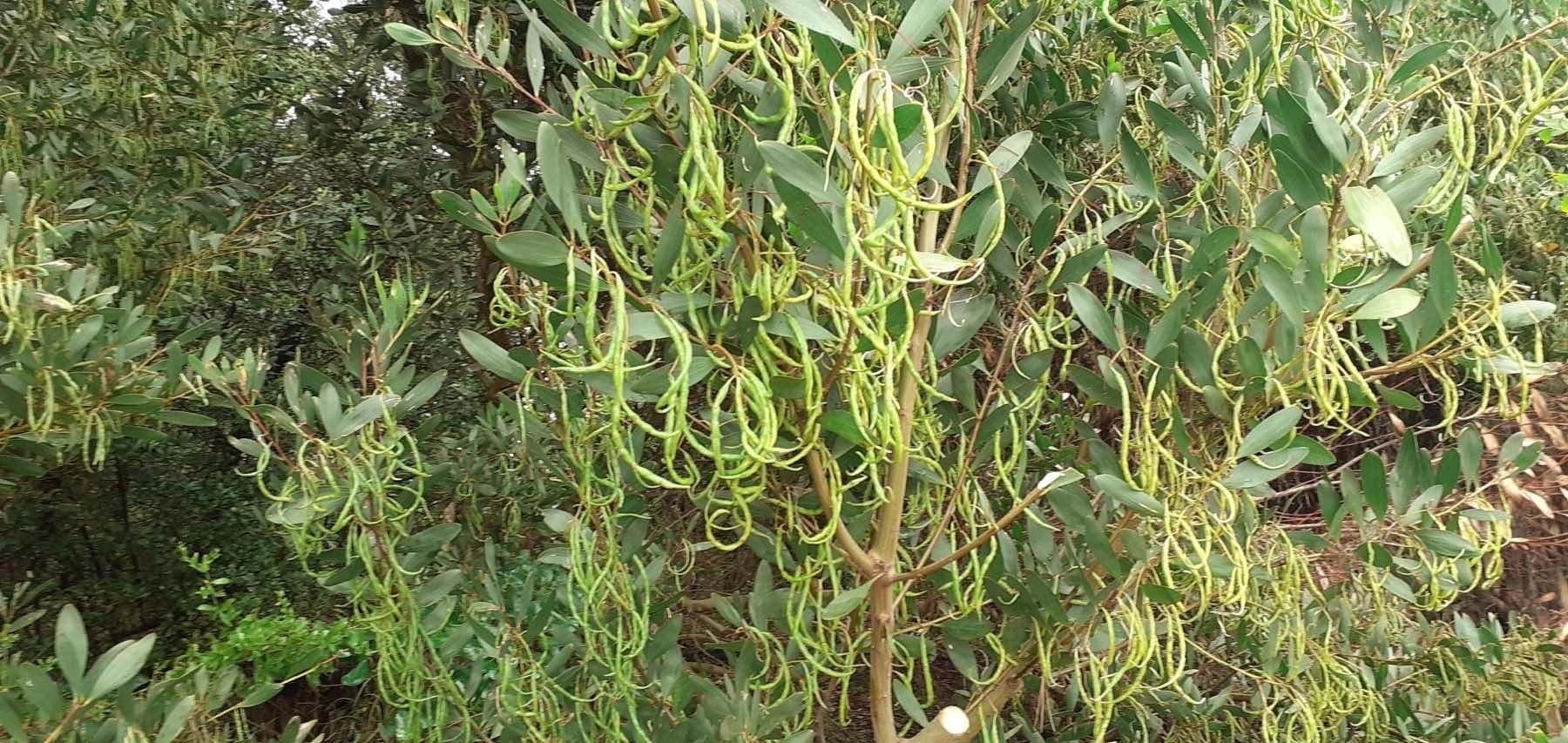
The invasive pest plant Acacia longifolia, more commonly called Sydney golden wattle, is a problem on our coastline. Back in December 2021 Horowhenua District Council advised that they would remove various of these trees from around the village and also asked:
if people have wattle on their properties, if they would consider removing it to help stop the acacia from spreading in the community and coastal reserves.


The work in the village went ahead, but the plant is also in the dunes. Now Horizons Regional Council have been granted consent to release a wasp that will help control the wattles:
Coastal communities have been the motivating factor behind securing the wasp. They’ve experienced first-hand the devastating impacts on dunes with the golden wattle covering coastlines from Whanganui to Waikawa.
The Environmental Protection Authority (EPA) have agreed that the wasp will not breed with other insects, or pose a threat to native species.
A biocontrol insect, such as the wasp is the best approach to managing golden wattle effectively because it works by laying its eggs in flower buds, which then produce growths that prevent seed production.
The pest plant grows well along our coasts and has significant negative impacts on this environment. It suffocates other native species, preventing their growth to create what is known as a mono-culture meaning that only the golden wattle can thrive.